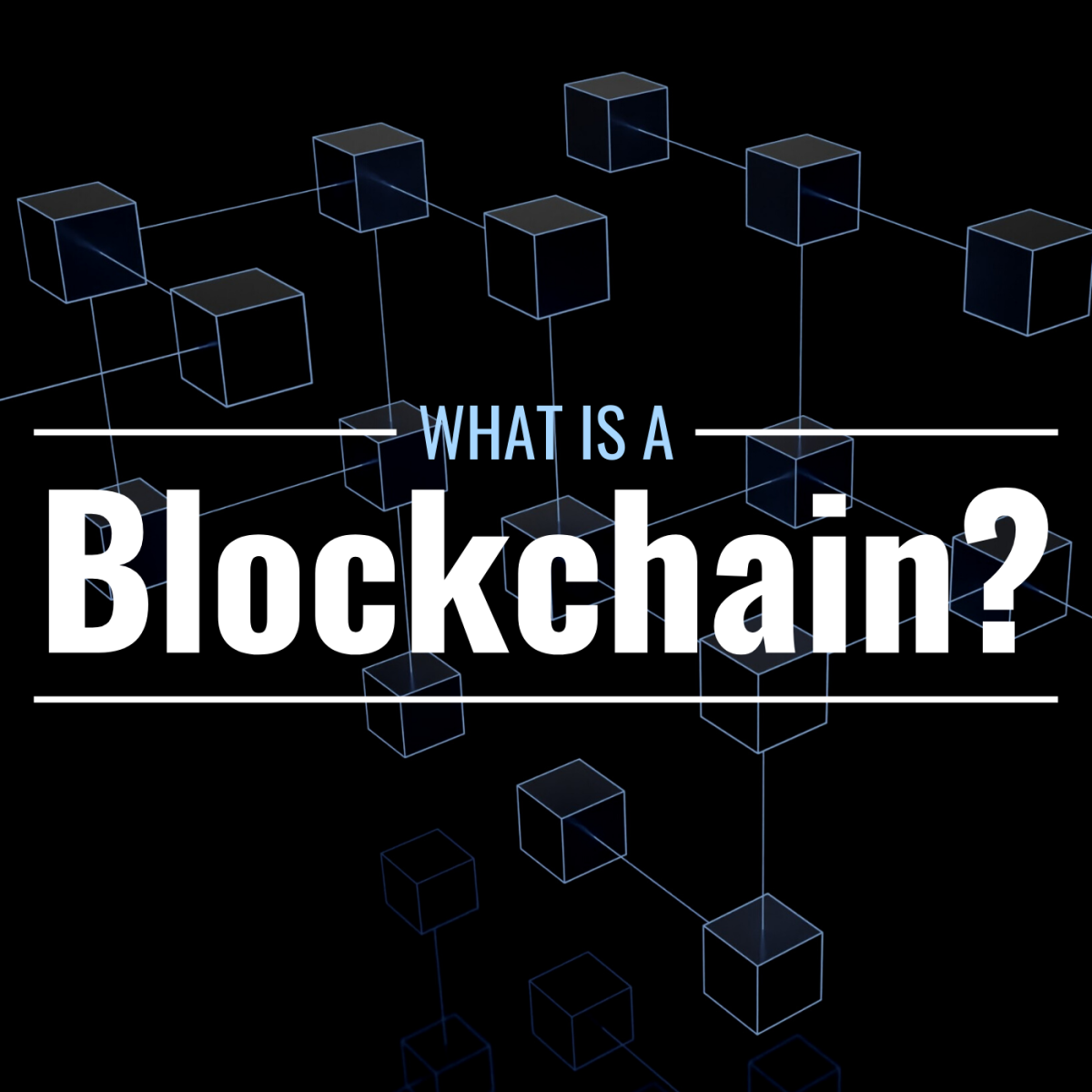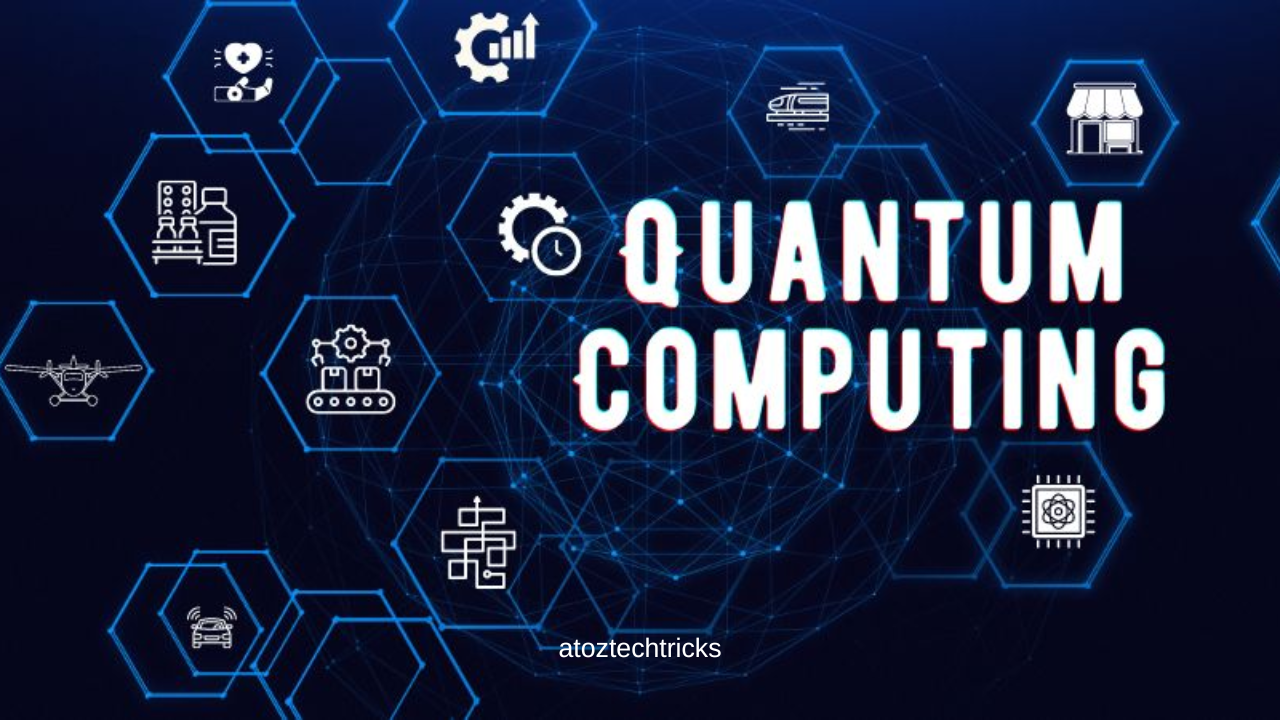The Potential for Blockchain in Improving Supply Chain Management
In today’s globalized economy, supply chain management (SCM) is crucial for ensuring that products move smoothly from production to the end consumer. However, the complexity of modern supply chains presents numerous challenges, including inefficiencies, lack of transparency, and vulnerability to fraud. As technology continues to advance, blockchain has emerged as a transformative solution with the potential to address these issues and revolutionize supply chain management. This article explores the potential of blockchain in improving supply chain management by examining its key benefits, real-world applications, and future implications.
What is Blockchain?
Blockchain is a decentralized, distributed ledger technology that securely records transactions across multiple computers. Each transaction, or “block,” is linked to the previous one, forming a chain of blocks that is immutable and transparent. This technology ensures that once a block is added to the chain, it cannot be altered or deleted, providing a high level of data integrity and security. Blockchain’s key features—decentralization, transparency, and immutability—make it an attractive option for enhancing supply chain management.

Key Benefits of Blockchain in Supply Chain Management
1. Enhanced Transparency
One of the most significant advantages of blockchain technology is its ability to provide unparalleled transparency. In a traditional supply chain, information is often fragmented and siloed, making it difficult to track the movement of goods and verify their authenticity. Blockchain addresses this issue by creating a single, shared ledger that is accessible to all parties involved in the supply chain. This transparency allows stakeholders to view real-time data on the location, status, and history of products, leading to greater trust and accountability.
2. Improved Traceability
Traceability is a critical component of supply chain management, particularly in industries where product safety and quality are paramount, such as pharmaceuticals and food. Blockchain technology enhances traceability by recording every transaction and movement of goods on an immutable ledger. This means that in the event of a recall or quality issue, stakeholders can quickly trace the origin of the problem and take appropriate action. For example, in the food industry, blockchain can help track the source of contamination, ensuring that affected products are promptly removed from the market.
3. Increased Efficiency
Supply chains often involve multiple intermediaries, each with its systems and processes. This can lead to inefficiencies, delays, and increased costs. Blockchain streamlines supply chain operations by automating and digitizing processes that were previously manual and paper-based. Smart contracts, which are self-executing contracts with the terms directly written into code, can automate tasks such as payments, inventory management, and order fulfilment. This reduces the need for intermediaries, minimizes errors, and speeds up transactions.
4. Enhanced Security
Security is a major concern in supply chain management, as fraudulent activities and cyberattacks can have severe consequences. Blockchain’s decentralized nature and cryptographic algorithms provide robust security features that protect data from tampering and unauthorized access. Each block in the blockchain is linked to the previous one using cryptographic hashes, making it virtually impossible to alter historical data. Additionally, the distributed ledger ensures that there is no single point of failure, reducing the risk of data breaches and fraud.
5. Cost Savings
By improving transparency, traceability, and efficiency, blockchain technology has the potential to deliver significant cost savings. Reducing the reliance on intermediaries and manual processes can lower operational costs and streamline supply chain operations. Furthermore, blockchain can help prevent losses associated with counterfeiting and fraud, which can be costly for businesses. For example, a study by the World Economic Forum estimated that blockchain technology could reduce supply chain costs by up to 10% by eliminating inefficiencies and fraud.
Government Regulations and Policies Surrounding Blockchain: A Comprehensive Overview
Real-World Applications of Blockchain in Supply Chain Management
1. Walmart and IBM Food Trust
Walmart, in collaboration with IBM, has implemented blockchain technology to improve food traceability and safety through the IBM Food Trust platform. This initiative allows Walmart to track the journey of food products from farm to shelf, ensuring that they meet safety standards and are free from contamination. By using blockchain, Walmart can quickly trace the source of any issues, such as foodborne illnesses, and take swift action to remove affected products from the market. This not only enhances consumer safety but also builds trust with customers by demonstrating a commitment to transparency.
2. De Beers and Diamond Traceability
De Beers, a leading diamond company, uses blockchain technology to trace the provenance of diamonds and ensure they are conflict-free. The company’s blockchain platform, called Tracr, records every step of the diamond’s journey from the mine to the retailer. This traceability helps prevent the sale of conflict diamonds, which are mined in war zones and used to finance armed conflict. By providing a transparent and immutable record of each diamond’s origin, De Beers enhances consumer confidence and supports ethical sourcing practices.
3. Maersk and TradeLens
Maersk, a global leader in container shipping, has partnered with IBM to create TradeLens, a blockchain-based platform that improves supply chain visibility and efficiency. TradeLens connects various stakeholders in the shipping industry, including port operators, customs authorities, and freight forwarders, through a shared digital ledger. This platform streamlines processes such as cargo tracking, documentation, and customs clearance, reducing delays and administrative costs. By providing a single source of truth, TradeLens enhances collaboration and transparency across the supply chain.
4. Everledger and Wine Authentication
Everledger, a blockchain-based platform, is focused on improving the authenticity and provenance of high-value assets, including wine. The platform records detailed information about each bottle of wine, including its origin, production details, and ownership history. This information is stored on a secure and transparent blockchain ledger, allowing consumers and retailers to verify the authenticity of the wine and protect against counterfeiting. Everledger’s solution helps maintain the integrity of the wine industry and ensures that consumers receive genuine products.

Challenges and Considerations
While blockchain technology offers significant benefits for supply chain management, it is not without its challenges. Some of the key considerations include:
1. Integration with Existing Systems
Integrating blockchain technology with existing supply chain systems can be complex and costly. Many organizations rely on legacy systems that may not be compatible with blockchain. Implementing blockchain requires investment in new infrastructure, software, and training. Additionally, achieving interoperability between different blockchain platforms and participants is crucial for maximizing the benefits of the technology.
2. Scalability
Blockchain technology faces scalability challenges, particularly when handling large volumes of transactions. Public blockchains, such as those used in cryptocurrencies, can experience congestion and slow transaction times during peak periods. To address scalability issues, organizations may need to explore alternative blockchain architectures, such as private or consortium blockchains, which can offer faster transaction processing and greater control over the network.
3. Regulatory and Legal Issues
The adoption of blockchain technology in supply chain management may be influenced by regulatory and legal considerations. Governments and regulatory bodies are still developing frameworks for blockchain and digital assets, which can create uncertainty for businesses. Organizations must navigate legal requirements related to data privacy, cross-border transactions, and intellectual property rights. Engaging with regulators and industry stakeholders can help address these challenges and promote a favourable regulatory environment.
4. Data Privacy and Security
While blockchain technology enhances security and transparency, it also raises concerns about data privacy. The immutability of blockchain means that once data is recorded, it cannot be altered or deleted. This can be problematic in cases where sensitive or personal information is involved. Organizations must implement robust data protection measures and consider privacy-enhancing technologies to balance transparency with data privacy.
The Rise of Virtual and Augmented Reality: Transforming Experiences in the Digital Age
The Future of Blockchain in Supply Chain Management
The potential for blockchain to transform supply chain management is vast, but its full impact will depend on continued innovation and adoption. As the technology matures and more organizations experiment with blockchain solutions, we can expect to see significant advancements in the following areas:
1. Enhanced Interoperability
Future developments in blockchain technology are likely to focus on improving interoperability between different blockchain platforms and systems. This will enable seamless data sharing and collaboration across supply chains, reducing fragmentation and enhancing overall efficiency. Industry consortia and standardization efforts will play a key role in facilitating interoperability and driving widespread adoption.
2. Advanced Smart Contracts
Smart contracts are expected to become more sophisticated and versatile, automating complex supply chain processes and creating new business models. Advances in artificial intelligence (AI) and machine learning (ML) will enable smart contracts to handle more dynamic and adaptive scenarios, further streamlining operations and reducing reliance on manual interventions.
3. Integration with Other Technologies
Blockchain will increasingly be integrated with other emerging technologies, such as the Internet of Things (IoT) and artificial intelligence (AI). IoT devices can provide real-time data on the condition and location of goods, which can be recorded on the blockchain for enhanced visibility and traceability. AI can analyze blockchain data to optimize supply chain decision-making and predictive analytics.
4. Expansion into New Industries
As blockchain technology continues to evolve, its applications will expand into new industries beyond the traditional focus areas of food and pharmaceuticals. Industries such as automotive, textiles, and electronics will explore blockchain solutions to address specific challenges related to quality control, counterfeit prevention, and supply chain transparency.
![What is Blockchain Technology? How Does Blockchain Work? [Updated]](https://www.simplilearn.com/ice9/free_resources_article_thumb/how_blockchain_works.jpg)
Blockchain technology holds immense potential for improving supply chain management by enhancing transparency, traceability, efficiency, security, and cost savings. Real-world applications in industries such as food, diamonds, and shipping demonstrate the transformative impact of blockchain on supply chain operations. However, challenges related to integration, scalability, regulation, and data privacy must be addressed to fully realize the benefits of blockchain. As technology continues to advance and adoption grows, blockchain is poised to revolutionize supply chain management, creating more efficient, transparent, and secure supply chains for the future.
Revolution of VR and AR in Education: Transforming Learning Experiences




Post Comment